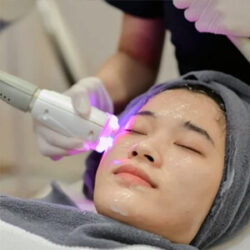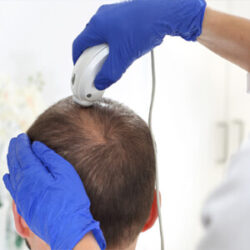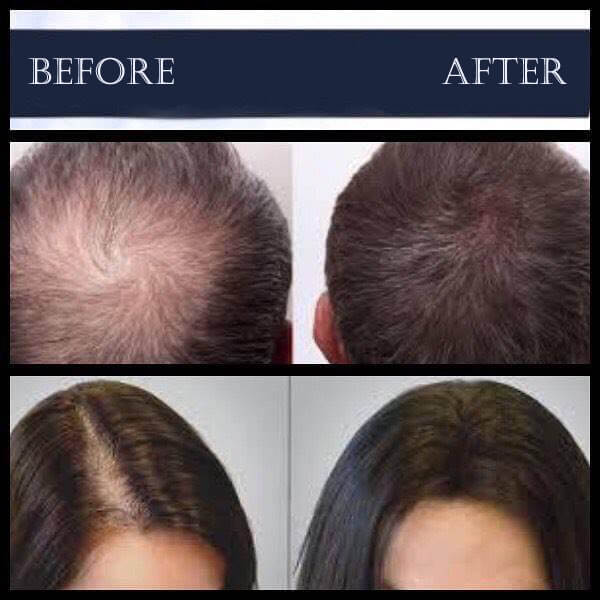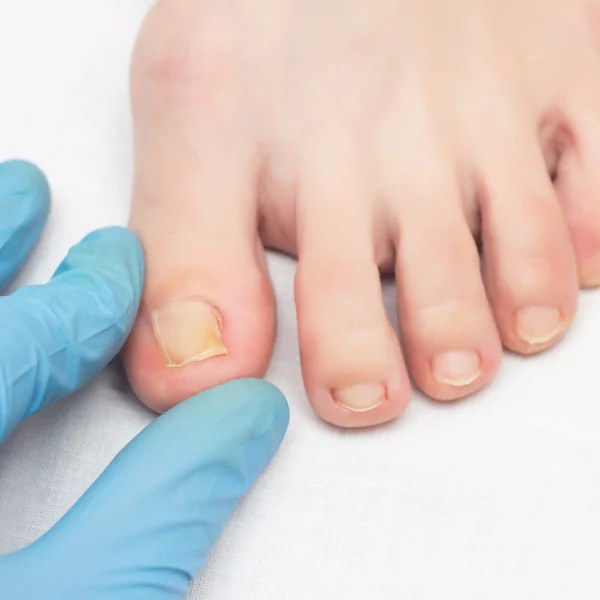1. Is an ingrown toenail an emergency?
Most ingrown toenails do not qualify as emergencies, but the condition may develop into a serious condition when not treated. An ingrown toenail is dangerous when it advances to severe infection or when it shows symptoms of spreading cellulitis or when it occurs in diabetic patients. Patients should seek emergency medical care when their symptoms include severe pain alongside extensive swelling of the ingrown toenail or signs of systemic infection.
2. What are the treatment options for ingrown toenail?
The treatment options for ingrown toenail treatment in Patna include conventional ingrown toenail medical treatment through warm soaks and antibiotic ointments. It can also include surgical interventions based on the severity. Advanced treatment methods for ingrown toenails include ingrown toenail laser treatment, ingrown toenail extraction, ingrown toenail excision, and even complete ingrown toenail removal surgery. The condition’s severity and recurrence rate determines the treatment plan.
3. What is the ingrown toenail treatment cost?
The treatment cost for ingrown toenails depends on the severity of the condition and the selected treatment approach. The cost of conservative treatments is lower compared to the ingrown toenail surgery procedure. An ingrown toenail specialist can determine your specific treatment costs during a consultation.
4. Can ingrown toenails be treated without surgery?
Early detection may make it possible for dermatologists to treat most ingrown toenails through non-surgical means. The conservative treatment plan for ingrown toenails may include antibiotic medications for ingrown toenail infection and techniques to lift the nail edge. However, the effective solution for serious cases and recurrent ingrown toenails is surgical intervention to achieve permanent results.
5. What is the ingrown toenail surgery recovery time?
Ingrown toenail healing time after surgery varies between 2 to 6 weeks based on the surgical approach and individual healing factors. Most patients achieve normal activity levels within a few days but may need several weeks to achieve complete recovery. Your recovery after the surgery depends heavily on following the instructions provided by the ingrown toenail surgeon. Our dedicated team works to reduce discomfort while ensuring rapid patient recovery after their ingrown toenail surgery in Patna.
6. Why is ingrown toenail growing back after removal?
Suffering from ingrown toenail again after surgery usually occurs because of improper nail trimming practices, inadequate surgical technique, or not addressing the underlying cause. Multiple factors which include genetic traits, footwear choices, and nail shape contribute to recurrence of the condition. Dr. Rizwana Barkat uses correct surgical methods and provide post-operative instructions about correct nail care techniques, footwear selection as well as hygiene practices to prevent future recurrence.
7. Can ingrown toenail cause blood clot?
The formation of blood clots from this condition is a rare occurrence but can potentially be a consequence of severe ingrown toenail infections. The combination of ingrown toenail bleeding and infection along with inflammation may increase the risk of blood clot formation. Severe and untreated cases with major infections usually increase the risk of clotting.
8. Why does ingrown toenail keeps coming back?
The repeated recurrence of ingrown toenails occurs because of improper nail care as well as genetic nail shape, ill-fitting shoes, and incomplete initial treatment. An expert ingrown toenail treatment doctor will determine the root causes of the condition before delivering comprehensive treatment, including surgical methods along with tips of post-treatment care and preventive measures for future prevention of recurrence and optimal results.
9. Do ingrown toenails go away on their own?
Home care with conservative treatment might help resolve minor ingrown toenails. However, the majority of cases need medical intervention from an ingrown toenail specialist to prevent complications. Prompt treatment is essential. Untreated cases may evolve into ingrown toenail pus formation and infection or develop more severe complications.
10. What are the risks of an untreated ingrown toenail?
A neglected ingrown toenail may develop into severe ingrown toenail fungal infection or bone infection. It may also cause tissue death in diabetic patients. The condition can evolve into an ingrown toenail with pus, cellulitis, or systemic infection which would require ingrown toenail urgent care and extensive treatment.










